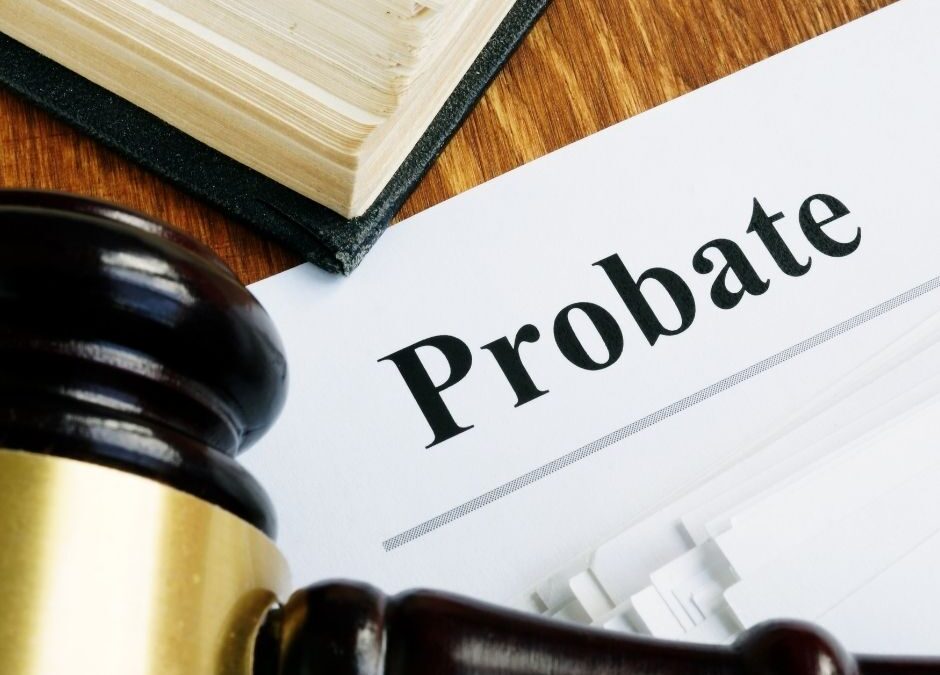This is the fourth in our series answering common questions about Estate and Probate disputes.
We are often asked about the need to obtain a Grant of Probate as part of the administration of a person’s estate.
Typically, the decision to obtain a grant of probate is usually done after the assets of the estate have been identified.
The key consideration is whether or not the assets can be collected without the need to obtain a Grant of Probate.
Even where it is possible to deal with all of the assets of the estate without obtaining any Grant of Probate, it may be sensible to obtain a grant in any event.
Obtaining a Grant of Probate will give the executor protection from certain claims.
An executor who, in good faith and without negligence, has sought and obtained a Grant of Probate is not liable for any legacy paid or asset distributed in good faith based on the Grant of Probate.
Obviously, there is a cost associated with obtaining a Grant of Probate. The executor needs to consider:
- The size of the estate;
- How confident the executor is that the Will they have is the “last valid Will” and no subsequent Will exists.
Probate is the process through which the court confirms the Will is valid.
It gives the executor the authority to deal with assets, such as bank accounts, shares and property.
To apply for a Probate, there are a series of steps that an executor must go through including advertising that they are applying and serving a notice on the Public Trustee.
Sometimes applying for Probate involves dealing with issues such as whether the person who made the Will had the capacity to do so, or issues concerning whether the Will has been properly witnessed or is damaged in some way.
Although there is no set time period within which Probate needs to be applied for, typically it should be done as soon as reasonably possible.

